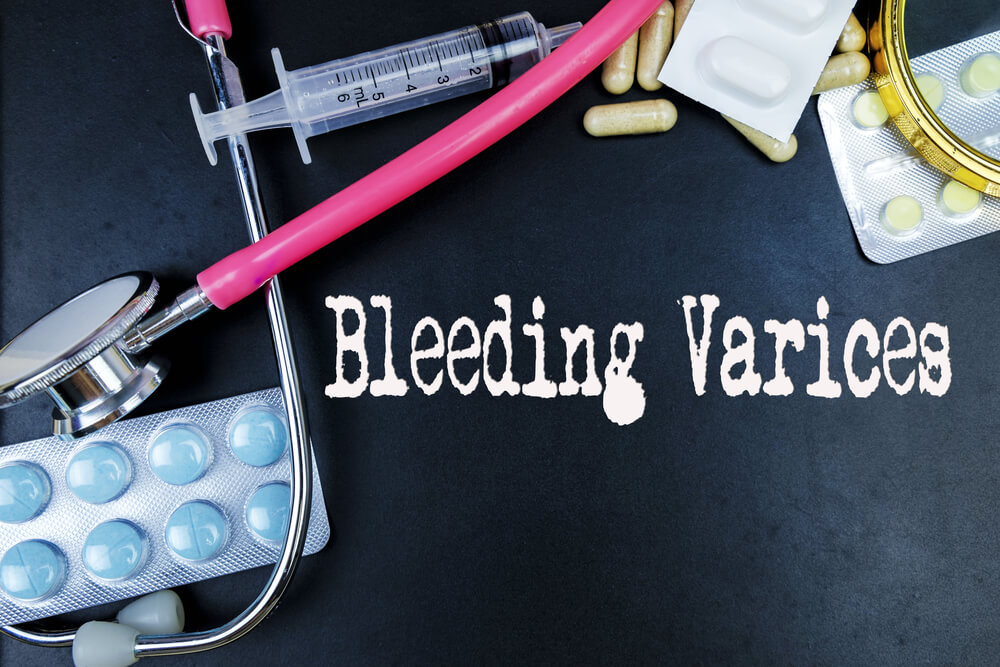DIAGNOSIS
To determine esophageal varices, your doctor will ask some questions regarding your symptoms, and he or she will also conduct a physical examination. They might even do or perform one or more of the tests below:
- Imaging Tests like MRI Scans and CT scans:These are being used to study your organs such as the liver and assess blood flow throughout these organs.
- Blood tests– These are being done to estimate the number of blood cells and the function of the liver and kidney.
- Endoscopy– In this method, a small lighted camera scope is being used to look down the esophagus, to the middle of the stomach, and at the start of your small intestines. It is being done by putting the little lighted camera scope inside your mouth.
TREATMENT
The principal goal of treatment is to avoid bleeding and cracking of varices.
Controlling portal hypertension is usually the first step in decreasing the chance of bleeding. To fulfill this, these treatments can be applied:
- Endoscopic Sclerotherapy:Your doctor will inject medication using an endoscope in your swelling veins to reduce them.
- Endoscopic Variceal Ligation (banding):To tie off the swelling veins in your esophagus, your doctor will use an endoscope. Your doctor will use an elastic band so they will not bleed. After a few days, your doctor will remove the
If your esophageal varices have already cracked, you may need to undergo some additional treatments.
To avoid esophageal varices, you should correct the primary cause. If you already have liver disease, try the following practices to avoid developing esophageal varices:
- Stop consuming
- Continue having a healthy weight
Start a healthy diet by eating healthy foods that are mostly low in salt. Increase your intake of fruits, whole grains, and vegetables.
It is essential to take your medicines and to see your doctor regularly if you have esophageal varices.


